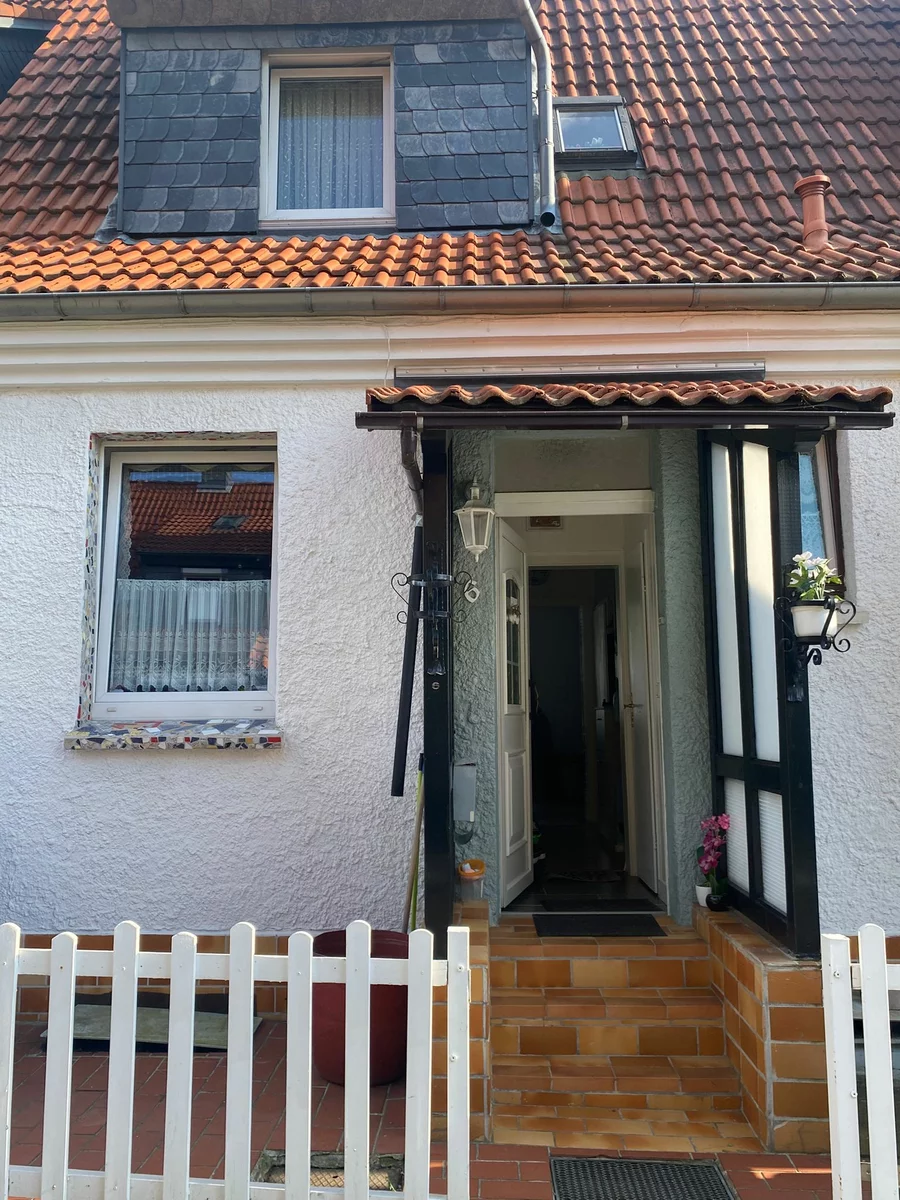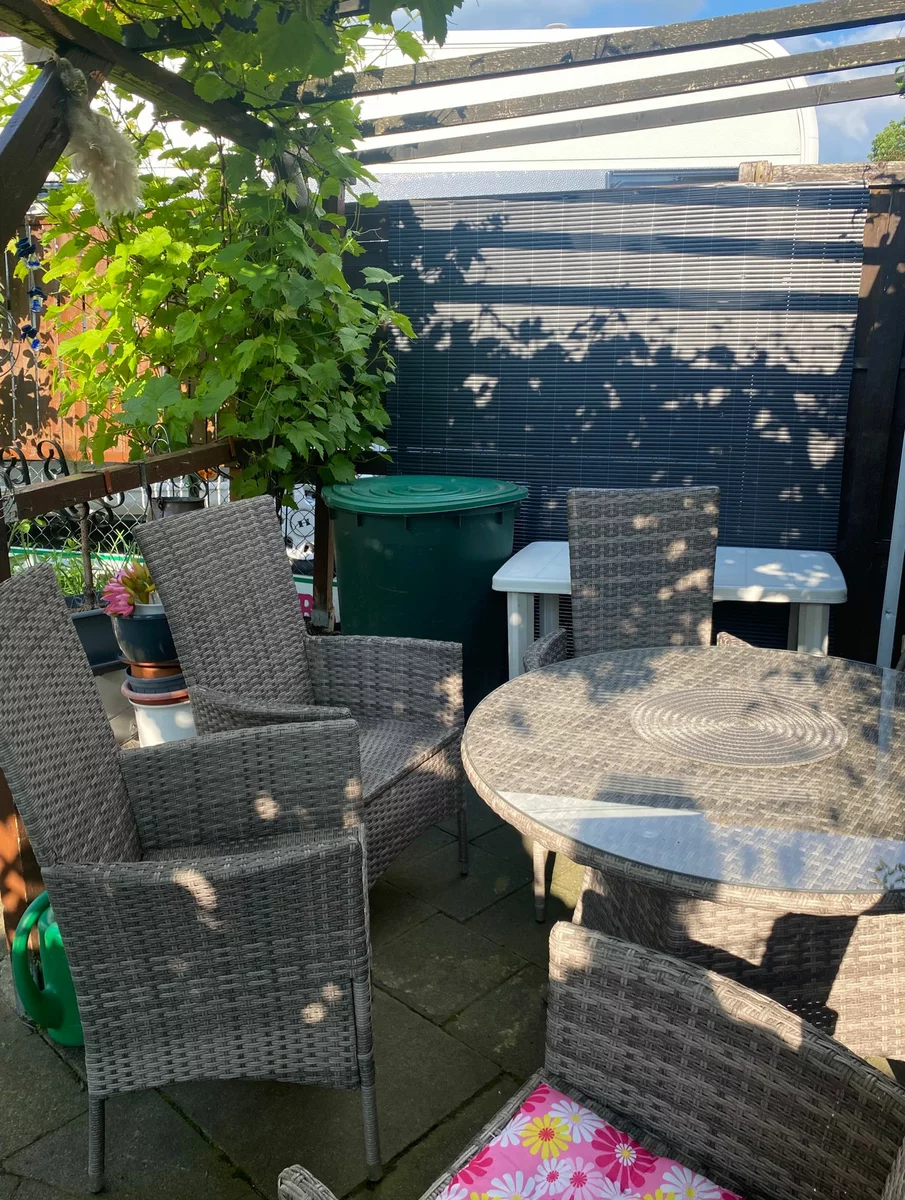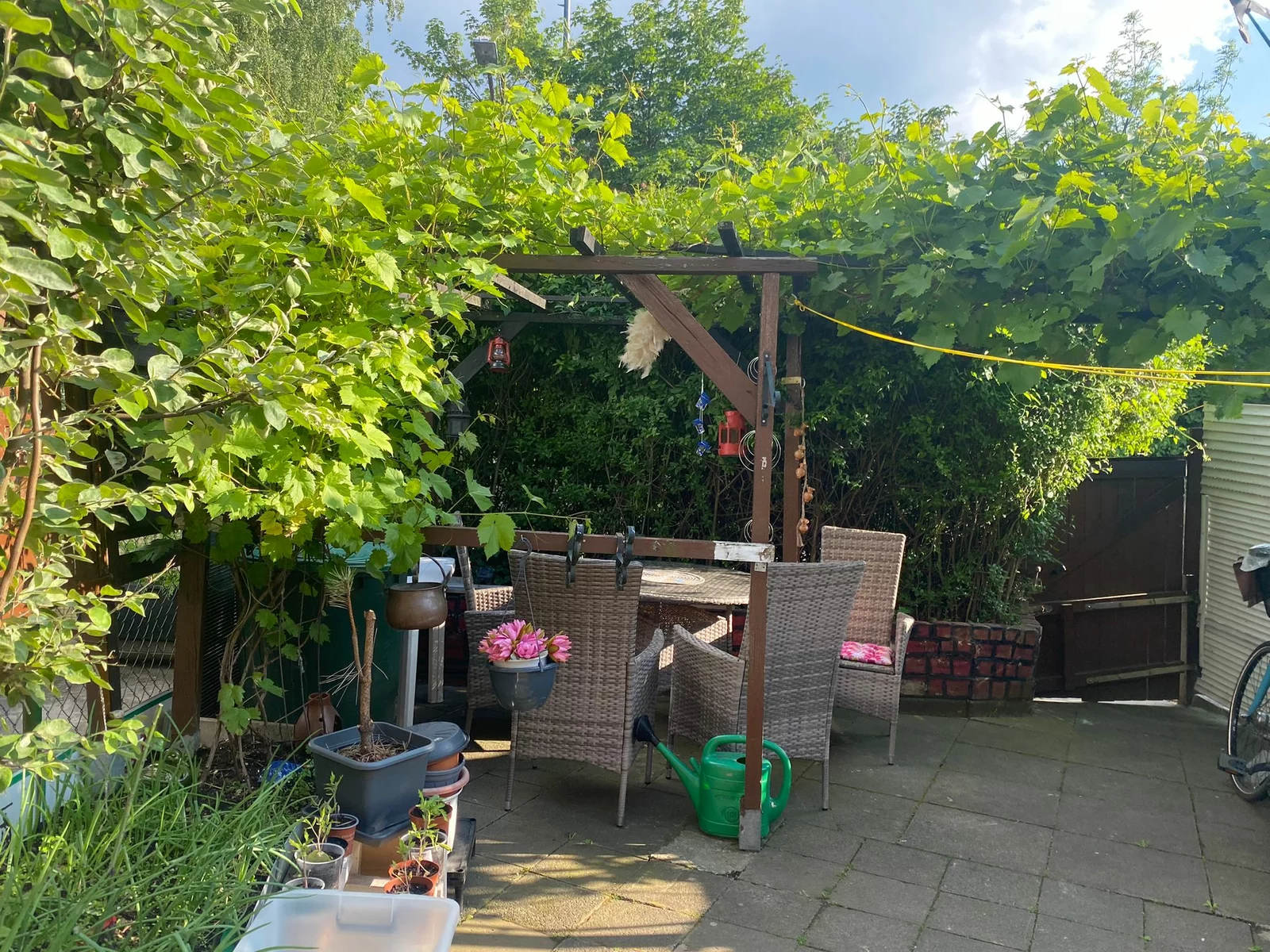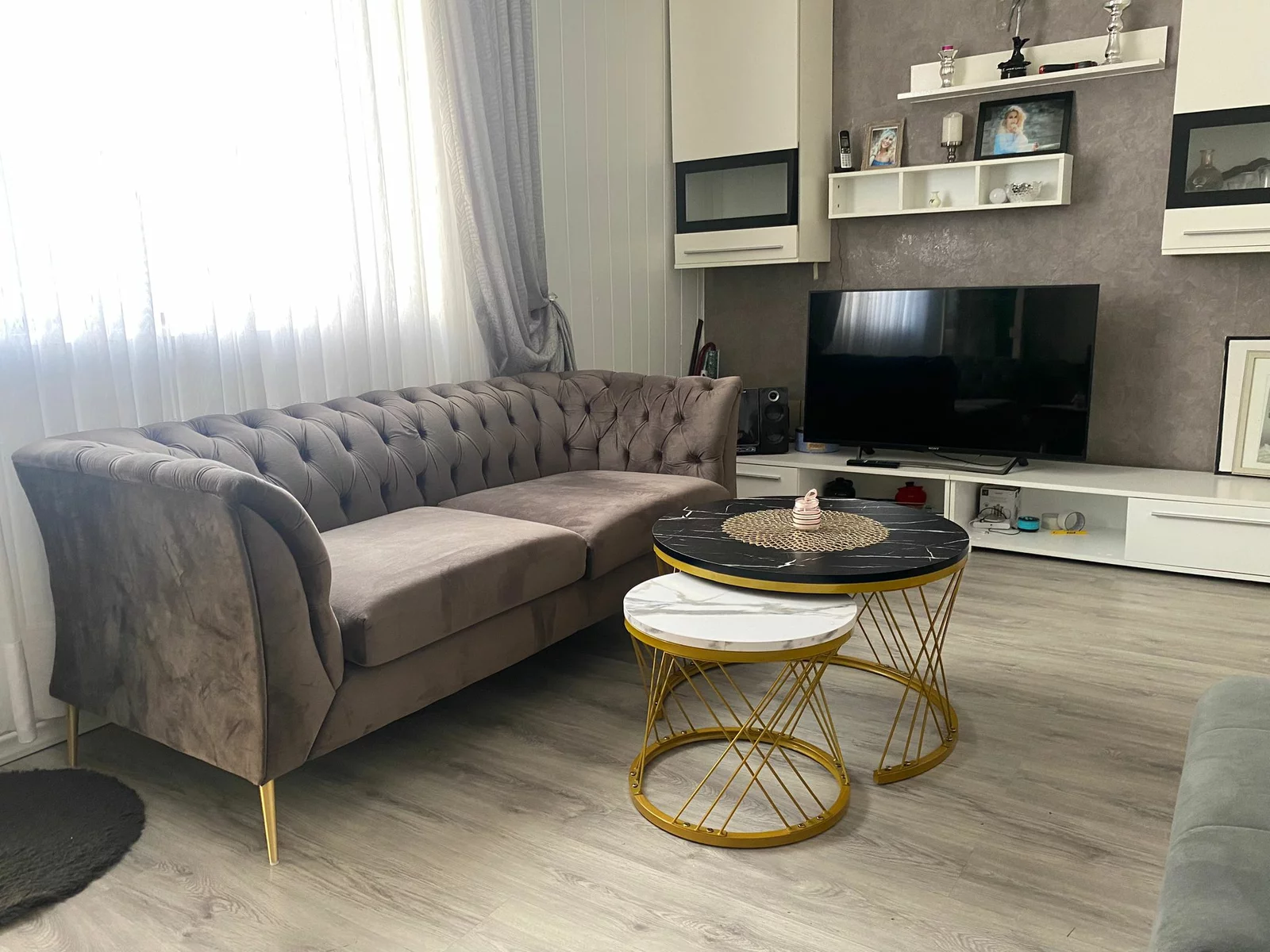
Personal Experience of Buying a House in Germany
Anna has been living in Germany for over 10 years and recently bought her own home in this country. How long did this whole process take and what difficulties did you have to face? Read our material.
About Life and Work in Germany
— My name is Anna, and I'm 32 years old. I moved to Germany from the Belarusian city of Babruysk in 2012, and settled in the small town of Goslar. Now I work as a German language teacher, teaching courses for migrants.
To obtain citizenship* in this country, you must have a permanent job and also have a good command of the German language.
* To obtain German citizenship, you generally require 8 years of continuous legal residence in the country. However, in 2023, a new law was passed that reduces this period to 5 years and, in some cases, to 3 years.
Also from the requirements:
- be able to support yourself and your family members without social assistance or unemployment benefits;
- confirm knowledge of the German language at level B1 (if applying after 5 years) or C1 (if applying after 3 years);
- take a test on your knowledge of German culture and society;
- have no criminal convictions.
Children born in Germany will receive citizenship if at least one of the foreign parents has legally resided in this country for more than 5 years.


About prices and comfortable income
— The main advantage of living in Germany for me is the safety and tranquility of life. But there is also a disadvantage — resolving any issues, even everyday ones, takes a lot of time (most often, we are talking about several weeks or even months).
The Germans themselves are very pedantic, punctual, correct, and a little frugal; they try not to waste money. Many people are fond of sports, especially football.

— Prices in Germany are completely different depending on the category of goods and their quality. Milk can cost from 1.30 to 3 euros, bread from 0.99 euros to 4 euros, and so on. The same goes for clothes: you can buy a T-shirt for 1 euro, or you can buy it for 50 euros. Plus, some people in Germany do not work and live off social benefits from the state.
The country, in general, is very social — people who need help get it here. There are also many private organizations that support those in need and refugees.
I think that 2000 euros per month will be enough for one person to live (without rent). Plus, costs for car maintenance (if any), Internet, and telecommunications may be added.
If you live with a child, then the amount increases significantly: there are sections, clothes, and lunches at school (60–80 euros per month).
About choosing and buying your own house
— Property prices vary greatly — from 100,000 euros for a small house in a small town to 300,000+ euros for housing in large cities.
Rent also varies: before buying my home, I paid 400 euros + 350 euros for utilities in a house that is located in the center of my small town (there were 2 floors and a small garden).
I was looking for my own housing for about 2 years. I needed it to be a small house not far from work. As a result, I found an excellent, well-maintained house for 105,000 euros on a private classifieds website. Immediately after viewing, the seller agreed to sell it to me (due to the huge demand, here the sellers themselves most often choose the buyer, and not vice versa).
There are no renovation costs for my new home. I bought it on credit for 30 years at 3.4% per annum: this is a fixed interest for 10 years, and then the rate will be calculated again, that is, it can either increase or decrease.
As for the associated costs, for a house worth 105,000 euros I paid about 5,000 euros in acquisition tax, about 900 euros to the notary, and another about 1,000 euros in various fees and charges. In total, about 8,000 euros were spent in addition to the cost of the house.

— So, how does the process of buying a house in Germany work: first you need to go to the bank and provide documents stating that you have a permanent place of work. They also pay attention to the following points: the number of family members, earnings, and, in general, financial viability.
Then you need to find a notary who will also cooperate with the bank. At these stages you will need to present a huge package of documents.
The longest we waited was for a response from the notary and my subsequent entry into the register of owners, Grundbuch.
The whole process took about 6 months, but in fact it could have been three, the seller was just away for three months. We did not work with realtors, we negotiated directly.
In general, if you want to buy a house in Germany, the most important thing is to have a permanent job with a good income. You also need to take out insurance; I did it for 4,000 euros. And the main thing is to be patient, because you will have to wait.
Author
I am responsible for editorial work. I write expert interviews and guides.
















